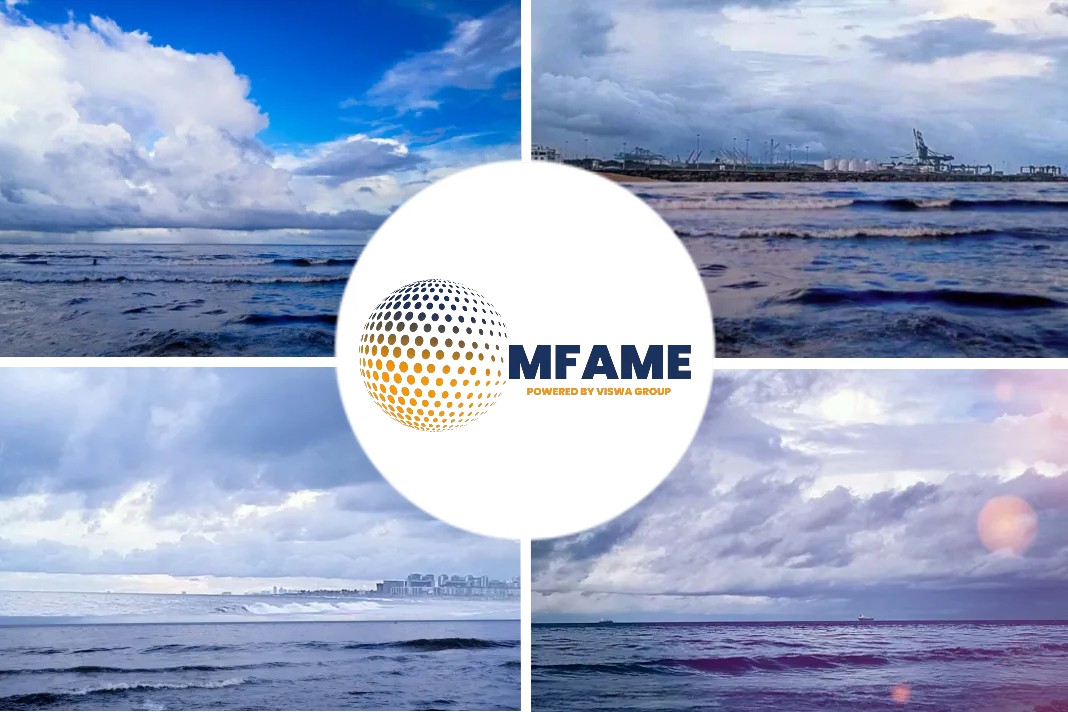Very low sulfur bunker deliveries in the Middle Eastern port of Fujairah are expected to remain under pressure until late in the week of Jan. 17, according to local bunker suppliers, amid lower barge availability, as well as dwindling stocks of very low sulfur fuel oil.
In the high sulfur fuel oil market, after a few weeks of stable supply and demand, suppliers in Singapore see demand starting to inch up towards the end of the month, and ahead of the Lunar New Year holidays.
At 0200 GMT Jan. 17, the March ICE Brent futures contract was trading at $86.48/b, down slightly from $84.95/b recorded at the 0430 GMT Asian close on Jan. 14, Intercontinental Exchange data showed, says an article published in Platts.
Marine Fuel 0.5%
The Singapore Marine Fuel 0.5%S February-March spread widened to $16.25/mt Jan. 17, according to broker indications, up from $15/mt at the Jan. 14 Asian close, with the spread bid at $16/mt and offered at $16.50/mt, according to Intercontinental Exchange data.
In Singapore, supply of low sulfur fuel oil bunkers has risen considerably from the previous month, but is likely to remain tight throughout January, while expectations of a slow down in shipping activity during H2 January is expected to subdue bunker demand, traders said.
Traders expect spot premiums of Singapore-delivered marine fuel 0.5%S to trend lower in coming weeks, amid indications of a slight uptick in LSFO cargoes available for prompt deliveries.
LSFO barge availability at Fujairah is likely to remain tight until late in the week of Jan. 17 as the market faces declining stockpiles which is attributed to the lower inflow of LSFO arbitrage cargoes, according to local bunker suppliers.
Delay in bunker deliveries at Yangtze River Ports are expected to continue amid the coronavirus pandemic. A shortage in pilots at Nanjing and Jiangyin has caused a delay in ships’ berthing schedules, which also resulted in short-term delays in bunker delivery schedules, market sources said.
South Korea’s marine fuel 0.5%S supply is expected to remain tight at the southern ports, at least until around Jan. 20, market sources said. Hyundai Oilbank’s cargo transfer from its Daesan refinery to Busan/Ulsan was delayed due to rough weather and a shortage in coastal tankers, a company source said.
High sulfur fuel oil
The Singapore 380CST high sulfur fuel oil February-March spread inched wider Jan. 17 to 35 cents/mt from Jan. 14 assessment of 25 cents/mt, Intercontinental Exchange data showed.
Demand for Singapore-delivered 380 CST HSFO bunkers is expected to rise during H2 January as more delivery slots are expected to be made available amid delay in schedules of receiving vessels, market sources said.
However, availability of prompt HSFO bunker delivery slots has tightened due to declining stocks of components for HSFO blending pool, traders said.
HSFO inventories at Fujairah have fallen as utility sectors in North Asia compete with the Middle Eastern bunker hub for cargoes to meet power generation demand during the winter season, market sources said.
Japan’s high sulfur bunker fuel is likely to remain tight as Japanese refiners are not offering spot supply to save for power utilities, according to the sources.
Did you subscribe to our daily newsletter?
It’s Free! Click here to Subscribe!
Source: Platts



















